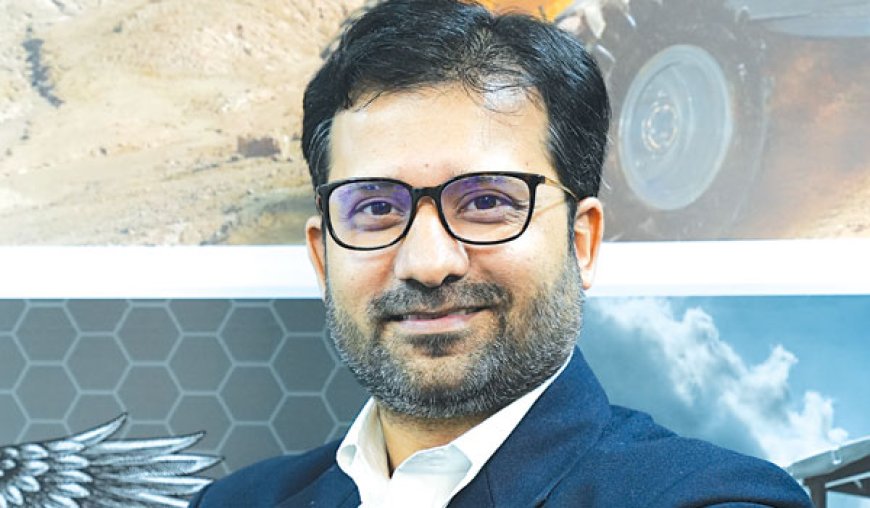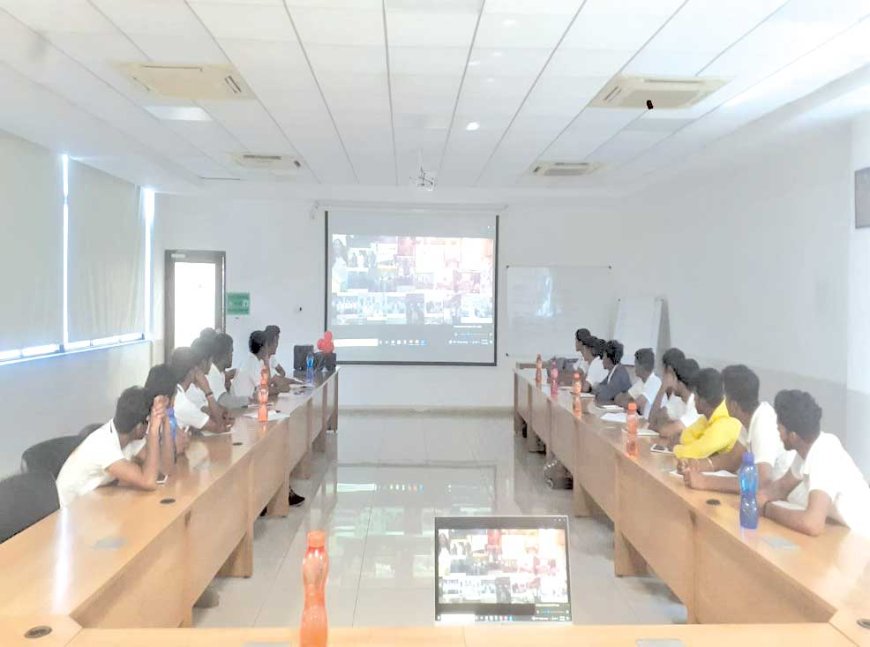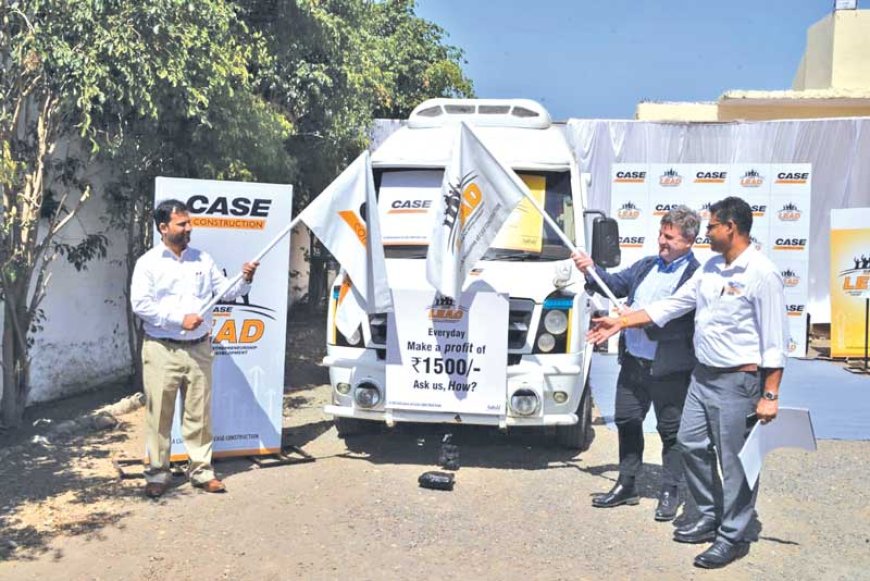CASE CE has launched the Hunar initiative, a project designed to train underprivileged youth as operators.
Over the past decade, the Infrastructure Equipment Skill Council (IESC) has significantly advanced skilling in the construction equipment sector.

Shalabh Chaturvedi
Managing Director, CASE Construction Equipment – India & SAARC region
How do you look at the 10-year journey of Infrastructure Equipment Skill Council (IESC) as an apex skilling body for construction equipment?
Over the past decade, the Infrastructure Equipment Skill Council (IESC) has significantly advanced skilling in the construction equipment sector. Established in 2014 under the Ministry of Skill Development & Entrepreneurship, Government of India, IESC has been pivotal in creating a robust skilling ecosystem. Promoted by the Indian Construction Equipment Manufacturers’ Association (ICEMA) and supported by the Confederation of Indian Industries (CII), IESC exemplifies collaborative efforts in enhancing industry skills.
IESC has leveraged Corporate Social Responsibility (CSR) funds from member companies and partnered with the National Skill Development Council (NSDC) to support skill development. Notable initiatives include the Excavator Operator Trainers upskilling program at Bauma Conexpo India, showcasing IESC’s dedication to continuous professional development. The council has become a catalyst for developing a workforce tailored to the infrastructure equipment sector’s needs. By offering networking platforms for construction equipment OEMs and promoting industry partnerships, IESC fosters a collaborative environment for innovation and excellence.
 Briefly outline the objectives and goals of your training programs for operators. Could you describe the structure and format of your training programs?
Briefly outline the objectives and goals of your training programs for operators. Could you describe the structure and format of your training programs?
Despite the continuous growth in infrastructure development and construction in the country, a significant challenge of skill development is present in the sector. Addressing this issue, CASE Construction Equipment has launched the Hunar initiative, a project designed to train underprivileged youth as Backhoe Loader operators.
The Hunar program offers a comprehensive 32-day training regimen that includes theoretical instruction, practical training, soft skills development, and industry-specific education. Trainees gain hands-on experience, particularly in practical sessions held after noon, ensuring they acquire the necessary skills for employment. The program also emphasizes digital literacy and basic computer skills to keep participants’ current with technological advancements in the industry. After completing the training, participants undergo a third-party assessment. Successful candidates are facilitated into jobs in both organized and unorganized sectors, often earning salaries upwards of Rs 15,000 per month.
Additionally, the program gives a supportive environment where trainees engage in practical activities, sports, and community-building exercises. This holistic approach not only enhances technical and soft skills but also prepares participants for real-world challenges. Over the past two years of this project, with the help of training partner, we have facilitated jobs for 70% of those trained. Looking ahead, CASE aims to expand this skill center concept to include dealers and suppliers, contributing to India’s vision of becoming a land of skills and opportunities.
 What challenges or gaps have you identified in their skill sets?
What challenges or gaps have you identified in their skill sets?
One of the primary challenges we are addressing is the gap in awareness among our valuable workforce. By recognizing and actively working to bridge this awareness gap, we can enhance the skill development process and ensure that every individual is equipped with the knowledge and tools necessary for success in the sector. Additionally, there is a need to increase the participation of female workers in the sector, which will bring diverse perspectives and expertise to the industry.
As we progress towards becoming a tech-driven nation, it is crucial to upgrade our skilling courses and incorporate innovative technologies. This will ensure that our valued manpower remains up-to-date and capable of contributing valuable inputs to upcoming government projects in a smarter and more efficient manner. By adopting this positive approach, we position ourselves to overcome challenges and pave the way for a skilled and prosperous India.








